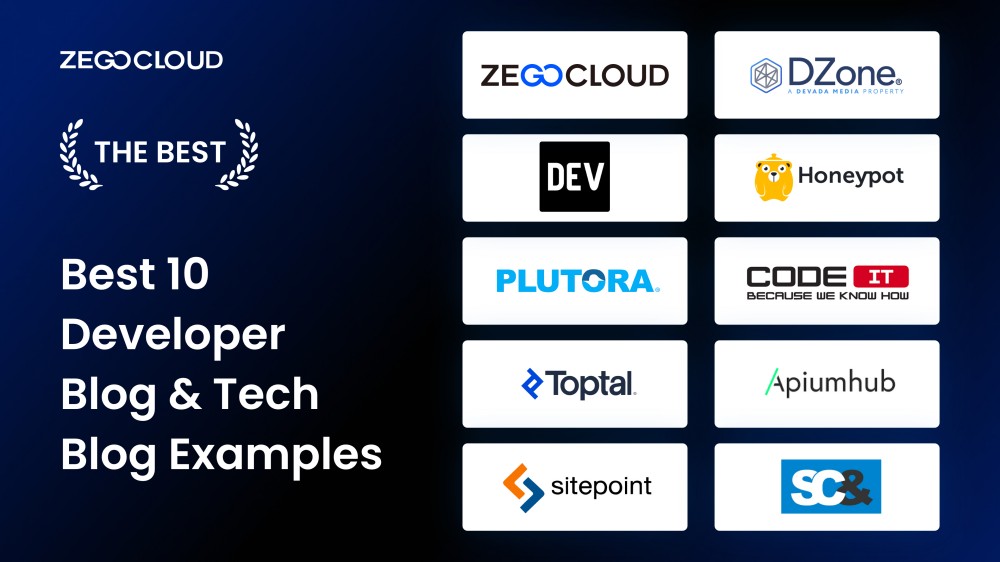Why the Best tech blog is Your Go-To Resource for Specialist Reviews and Insights
Why the Best tech blog is Your Go-To Resource for Specialist Reviews and Insights
Blog Article
Exactly How Blockchain Technology Is Revolutionizing Data Security
Blockchain technology is basically modifying the landscape of information safety by introducing a decentralized structure that promises improved openness and resilience. Unlike standard systems, which count on central data repositories, blockchain disperses information across a network, minimizing susceptabilities and solitary points of failing. The use of sophisticated cryptographic strategies ensures that information stays tamper-proof, fostering depend on amongst stakeholders and users.
The Basics of Blockchain
Blockchain innovation, a revolutionary idea in digital information administration, essentially transforms just how details is kept and protected. At its core, a blockchain is a distributed ledger that tape-records purchases across a network of computers, making sure openness and immutability.
Secret to understanding blockchain is the hashing procedure, which secures deal data into an unique alphanumeric code. This cryptographic feature guarantees that any type of alteration in the deal information leads to an entirely various hash, thereby securing versus tampering. The agreement mechanism, one more important component, confirms and verifies brand-new deals with a network of nodes, thus removing the requirement for a central authority.
Additionally, blockchain's append-only framework guarantees that data, once included, can not be erased or modified. This particular guarantees a permanent and proven document of transactions, cultivating count on among individuals. Therefore, blockchain offers a robust framework for information integrity, offering markets a trustworthy method for monitoring and handling digital info in a protected, clear way.
Decentralization and Security
Decentralization, a core principle of blockchain innovation, substantially improves data security by dispersing control across a network instead than depending on a singular, central entity. By dispersing data across countless nodes, blockchain guarantees that even if one node is endangered, the whole network remains safe.

Furthermore, decentralization empowers users with higher control over their data. Each participant in the network has accessibility to the whole blockchain, permitting them to confirm and audit transactions separately. This transparency cultivates count on among users, as they do not need to count on a main authority to make certain data honesty. Generally, decentralization is critical in enhancing information safety and security in blockchain networks.

Cryptographic Techniques
At the heart of blockchain technology, cryptographic techniques play a critical role in securing information, making certain both privacy and stability. These strategies are fundamental to the blockchain's capacity to safely tape purchases in a decentralized way. Cryptography in blockchain utilizes a mix of symmetric and uneven formulas to encrypt information, making it available just to authorized parties - Best tech blog. Public and personal essential pairs are central to this process, enabling safe and secure verification and identification confirmation without revealing sensitive details.
Hash functions are an additional vital part, changing input information right into a fixed-size string of characters, efficiently producing an one-of-a-kind electronic fingerprint for each and every block. This makes sure that any kind of attempt to change the information will cause an entirely different hash, therefore preserving the immutability of the blockchain. In addition, digital trademarks validate the credibility and stability of transactions, offering a layer of non-repudiation.
The decentralized nature of blockchain, incorporated with robust cryptographic strategies, gets rid of the need for middlemans, minimizing prospective vulnerabilities. As blockchain technology advances, improvements in cryptography such as zero-knowledge proofs and homomorphic security remain to boost security actions, better strengthening data defense in this advanced electronic journal system.
Usage Cases Across Industries

In the health care market, blockchain makes certain the secure storage and sharing of individual records, advertising interoperability while guarding delicate data from unapproved accessibility. This technology encourages patients with control over their medical history and assists in smooth coordination among doctor.
Supply chain administration advantages dramatically from blockchain's immutable journal, which makes sure traceability and credibility of items from beginning to consumer. By enhancing transparency, blockchain aids mitigate problems such as counterfeiting and underhanded sourcing.
Furthermore, blockchain's decentralized nature is improving the power sector by web enabling peer-to-peer power trading, where consumers can get and market excess eco-friendly energy directly. This fosters a more effective and lasting energy ecological community.
In the realm of copyright, blockchain offers a tamper-proof system for designers to sign up and safeguard their jobs, making certain rightful acknowledgment about his and fair settlement. These varied usage instances underline blockchain's duty as a crucial pressure in redefining data safety and security across sectors.
Future of Information Defense
As we look to the future of information security, blockchain technology is poised to play a crucial duty in guarding digital info. With its decentralized and unalterable attributes, blockchain provides a robust structure for protecting sensitive information against unapproved access and cyber hazards. This modern technology guarantees that as soon as data is videotaped, it is virtually impossible to change without discovery, therefore providing a significant benefit over standard data storage methods.
The assimilation of blockchain with various other innovative technologies, such as expert system and the Net of Things (IoT), is anticipated to enhance information security approaches further. By leveraging clever contracts, organizations can apply and automate safety protocols, reducing human mistake and raising effectiveness. In addition, blockchain's capacity to give clear and deducible transactions will boost depend on and liability in information administration techniques.
As regulative landscapes advance, blockchain's compliance-friendly nature will come to be significantly appropriate. It can aid organizations meet rigorous information protection guidelines, such as the General Data Defense Guideline (GDPR) and the California Customer Privacy Act (CCPA), by providing proven documents of information handling activities. Inevitably, blockchain's unique attributes setting it as a transformative device in the continuous mission to protect the digital world against ever-evolving cyber risks.
Conclusion
Blockchain innovation stands for a standard change in information safety by leveraging decentralization and cryptographic strategies to improve openness, trust, and information integrity. As cyber dangers advance, blockchain emerges as an important tool for durable data defense throughout different markets.
Blockchain technology is fundamentally altering the landscape of data protection by presenting a decentralized structure that promises more enhanced openness and strength. Unlike conventional systems, which depend on centralized data databases, blockchain disperses information throughout a network, reducing vulnerabilities and solitary points of failing.Decentralization, a core concept of blockchain innovation, significantly enhances information safety by distributing control across a network rather than depending on a singular, central entity.At the heart of blockchain innovation, cryptographic strategies play an essential function in guarding information, ensuring both discretion and stability.Blockchain innovation stands for a paradigm change in data protection by leveraging decentralization and cryptographic methods to boost transparency, count on, and data stability.
Report this page